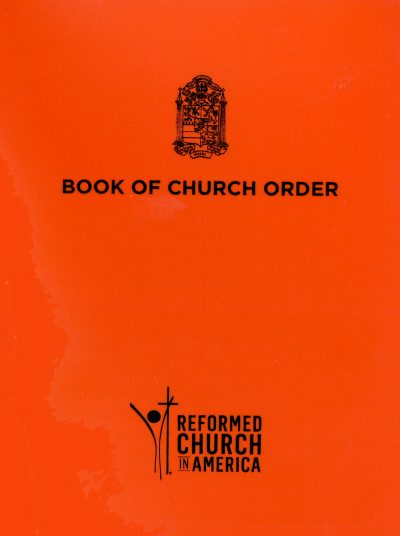Welcome! We are glad you are interested in joining our denominational family. As your congregation explores this pursuit, there are a number of things you should know and consider before official documents are signed. This is a broad outline of what is expected of your church if you are brought into the Reformed Church in America (RCA) either as a new congregation or as an established church, as well as how you might navigate this process well and prepare for joining our denomination.
Please note: this webpage is intended to serve as a general guide. Every situation is different and should be carefully considered in conjunction with the RCA classis that your church is looking to join. A classis is a smaller family of churches within the denomination, typically organized geographically.
If you are a classis representative seeking guidance for welcoming a new church to the RCA, visit the clerks’ page for resources and forms.




